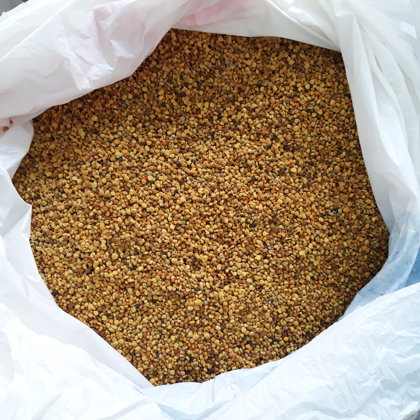Pollen
Pollen contains
carbohydrates, vitamins, essential amino acids, proteins, minerals, enzymes,
etc., these are the nutrients necessary for the growth and development of the
human body. The use of pollen normalizes metabolism, reduces nervousness,
improves sleep and is recommended for patients during the recovery period after
serious infectious diseases, injuries, operations.
The use of pollen normalizes the functions of the intestinal
tract and the microflora. Antibacterial substances in pollen suppress the
development of harmful microflora in the intestine and restore bacterial
balance. To improve appetite, build strength, work capacity and strengthen the
body's defenses.
Use: Recommended during or
after meals. 20 g (1 tablespoon with a pile) a day, for children aged 3-5 years
the dose is about 12 g (1 teaspoon with a pile) a day, and for children 6-12
years - 16 g (1 tablespoon) a day. For prophylaxis, the dose may be
administered in the morning, or for therapeutic purposes, divided into three
divided doses. When using pollen for 1-3 months as a course, it is recommended
to eat at least 250-300 gr a year.
